Get real-time visibility into the location of your vehicles and lay the foundation of a safer more sustainable future. With fully integrated driver apps, a range of safety tools and a powerful insights engine the TN360 vehicle tracking platform will set your fleet up for success.
Build Your Solution Watch Video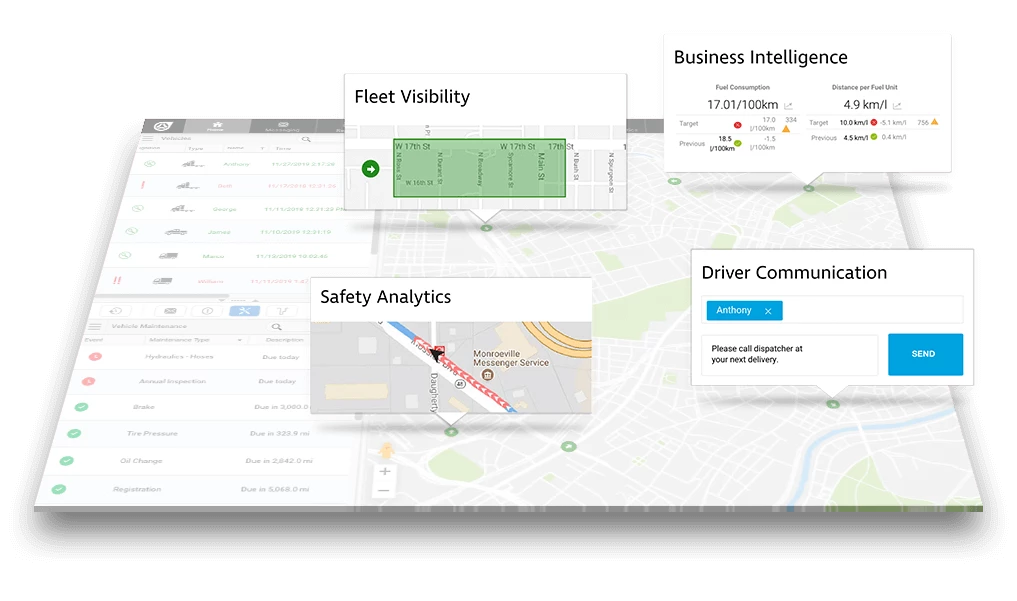
With the right vehicle tracking system you will have access to information that will help you reduce fuel costs, cut overtime and make savings on fleet insurance premiums. By having access to the data that matters most to your business in real-time, organisations can make more informed business decisions, reducing operational costs.
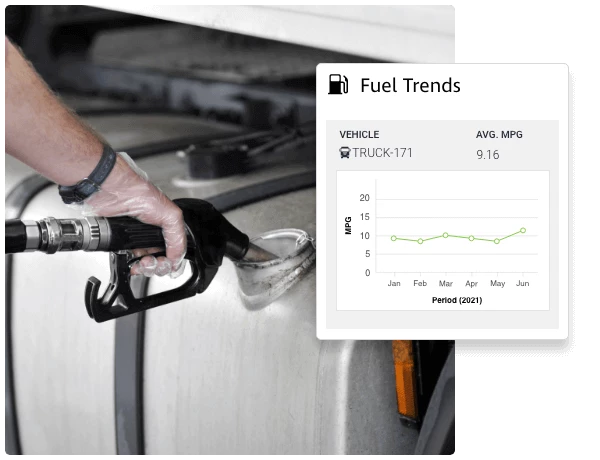
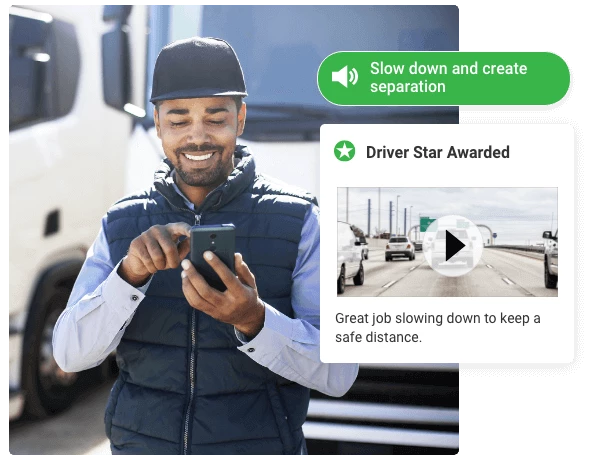
The safety of your drivers is no doubt a top priority for your organisation. This starts with having well-maintained vehicles but should also focus on monitoring driver behaviour and ensuring that safe driving practices are being followed.
With GPS vehicle tracking software, businesses can monitor time spent at job sites or at loading bays and work to ensure drivers are more productive. With the help of digital workflow tools administrative processes can be streamlined so you and your team can focus on getting the job done.
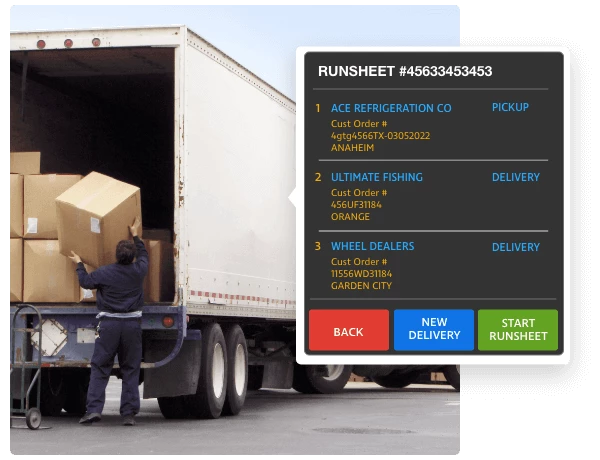
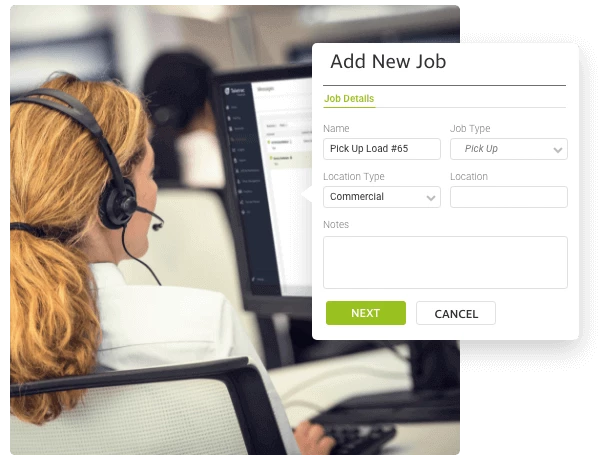
Offer your customers a faster and more reliable service, whilst demonstrating your commitment to driver safety and service quality.
From driver fatigue management to maintenance planning, our vehicle tracking software can help you simplify fleet compliance. With a wide range of flexible apps you can digitise and streamline the processes that underpin compliance management.
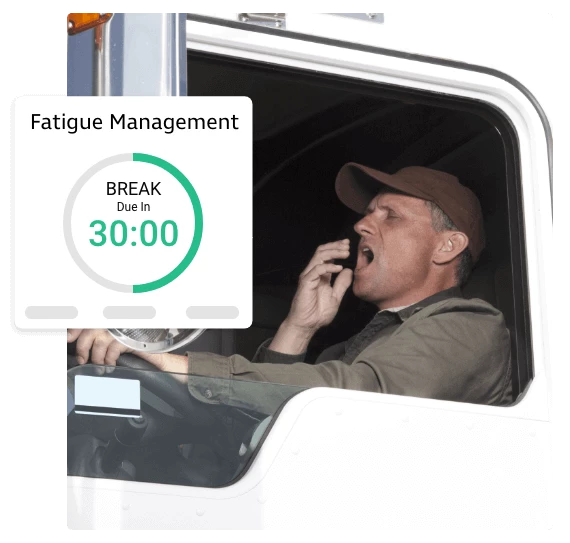
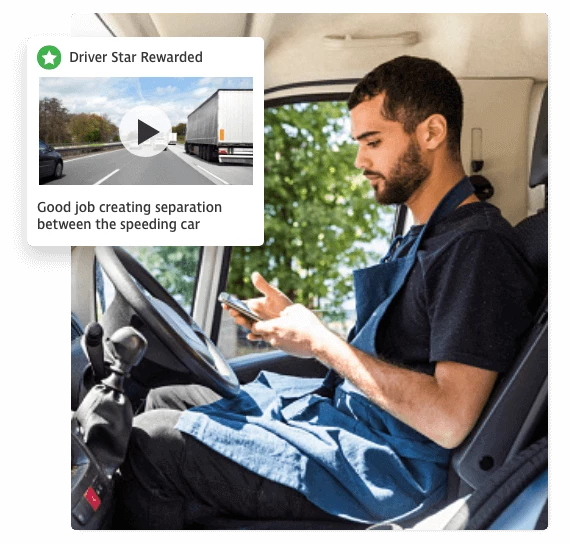
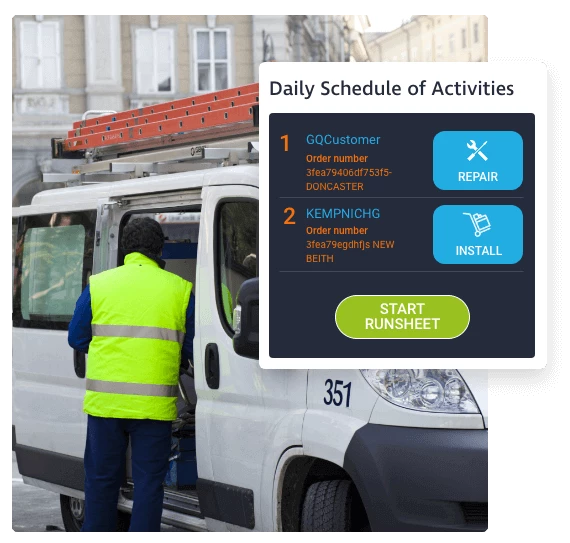
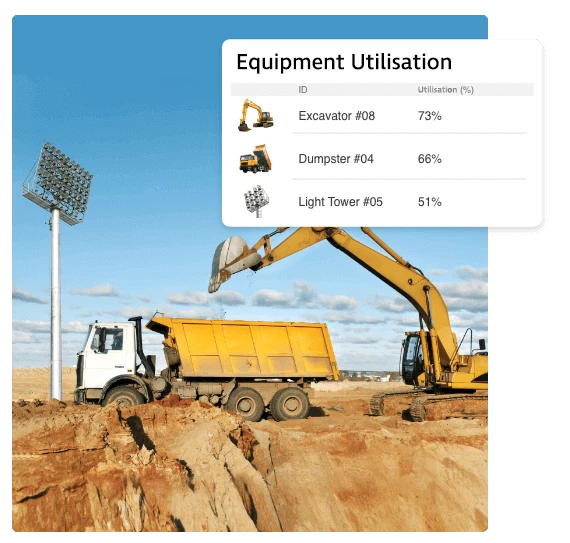
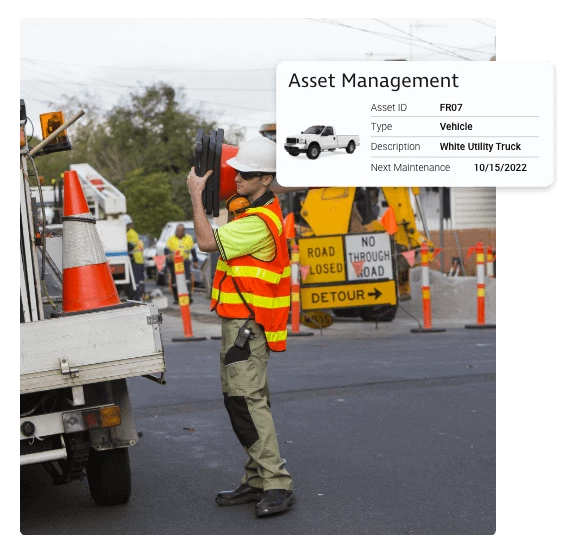
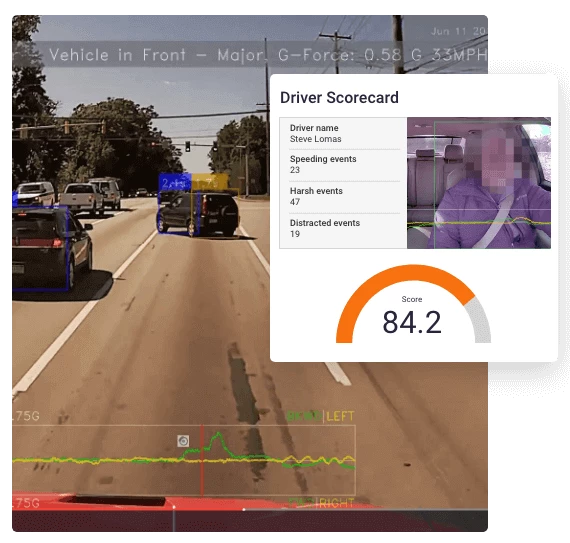

Vehicle tracking software should pay for itself quickly by providing insight into vehicle and fleet performance. ROI can be found in a number of areas, including fleet productivity, driver behaviour and safety, customer service, compliance and reducing administrative burdens. Many business are starting to use the technology as the foundation for digital transformation programs, and you can read more about this in our guide to how vehicle tracking enables digital transformation.
This, too, will vary depending on a number of factors - including the size of your fleet and what your long-term goals for GPS vehicle tracking solutions happen to be. This is why, at Teletrac Navman, we prefer to first learn as much about your business as possible so that we can come up with the custom vehicle tracking system - to meet your needs.
There are three main types of vehicle tracking devices, professionally installed (hard-wired), self-installed (plug into a vehicles UBD port) and mobile applications. Each one of these vehicle tracking devices has their own pros and cons. Which one is right for your business depends on several factors, including cost, what data you wish to collect, and whether you want to track more than just vehicles.
This will depend largely on which type of GPS tracking devices you choose to use. Some are designed for self installation into a vehicles OBDII port and are also easy to move from one vehicle to another as needed. Others are hardwired into the electrical system on your vehicles, typically requiring professional installation. You can learn more in our guide explaining the differences between vehicle tracking devices.
Yes. Advanced vehicle tracking solutions enable powered assets (such as construction equipment) and none powered assets (such as trailers) to be tracked and managed through the same platform.
A vehicle tracking system uses both a hardware component and a software platform to monitor a wide range of information relating to an individual vehicle or asset within a fleet. The GPS tracking hardware collects the GPS coordinates of a vehicle alongside vehicle activity and the date and time, the activity took place. The telematics software gathers the data including vehicle location, driver behaviour, engine diagnostics and vehicle activity, and visualises this information on the fleet management software.
Yes, you can use fleet management software to track the cost of maintenance across your business. Measuring items, such as repair turnover rate, can help you adhere to your preventative maintenance schedule and prevent unexpected downtime. It can also help you identify the ideal schedule for vehicle maintenance and replacement as well.